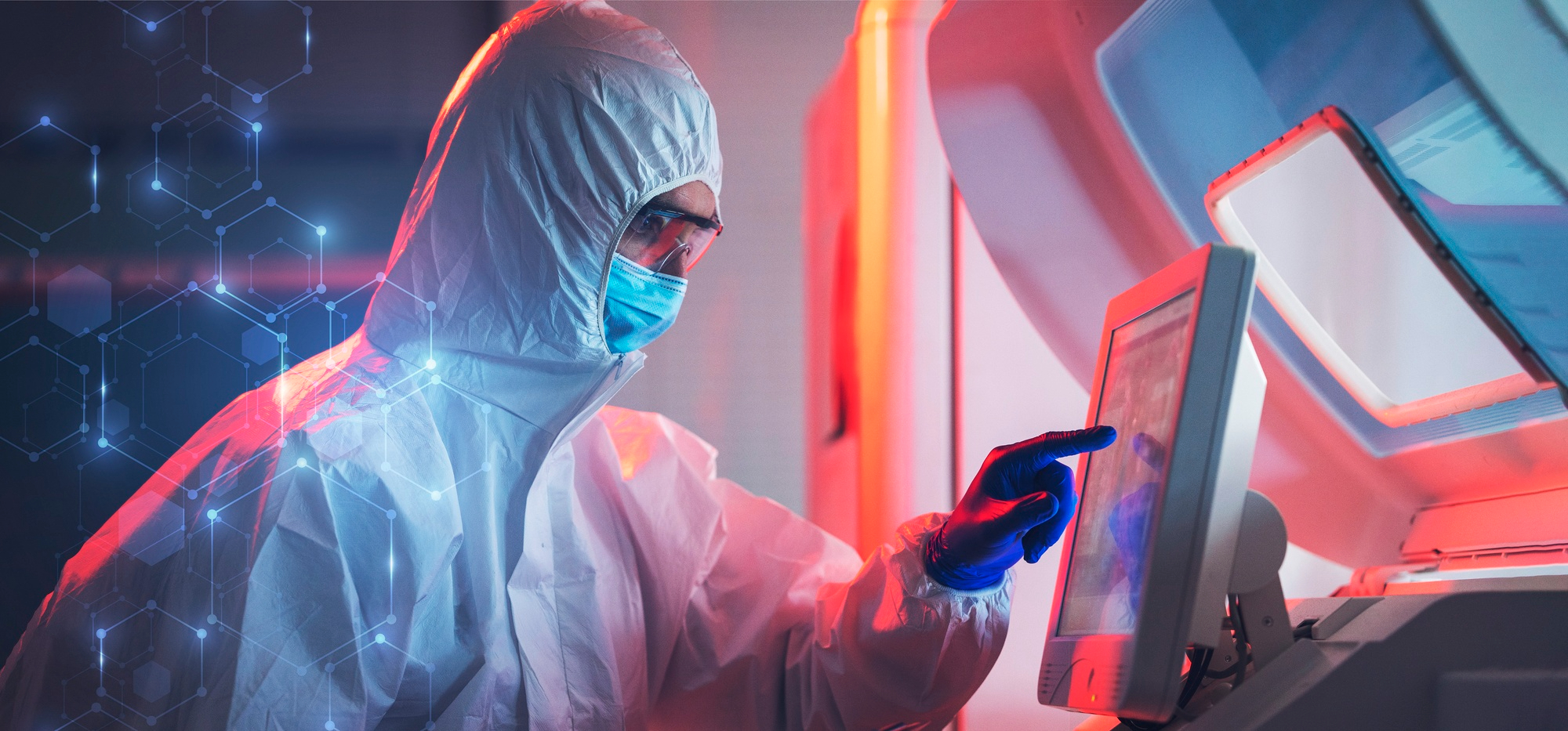
Substance abuse remains a significant public health challenge, affecting millions of individuals and their families. In the UK, approximately 137,000 adults enter treatment for substance misuse in England each year, with the figure slowly rising, according to the Office for National Statistics.
As society continues to grapple with this issue, new technologies are emerging as powerful tools to aid recovery. From innovative treatment approaches to digital support systems, these advancements are transforming how individuals confront and overcome substance abuse. Rehab centres UK are increasingly integrating these technologies into their programmes, enhancing the effectiveness of traditional treatment methods.
The Role Of Technology In Recovery
Technology has the potential to revolutionise the way we approach substance abuse treatment. By leveraging digital tools, healthcare providers can offer personalised, accessible, and evidence-based interventions.
Here are some of the key technologies making a difference in the fight against substance abuse:
Mobile Applications
Mobile applications are becoming increasingly popular among individuals seeking recovery from substance abuse. These apps provide users with resources, support, and tracking tools to help manage their recovery journey.
For example, apps like Sober Grid and I Am Sober offer features such as sobriety trackers, community support, and access to educational materials. Users can connect with others who share similar experiences, fostering a sense of community and accountability that is crucial for long-term recovery.
Telehealth Services
Telehealth has seen a surge in popularity, especially following the COVID-19 pandemic. Many rehabilitation centres now offer virtual therapy sessions, allowing individuals to access professional help from the comfort of their homes.
This approach not only increases accessibility for those living in remote areas but also reduces the stigma associated with seeking help. Telehealth services can include one-on-one therapy, group sessions, and medication management, making it easier for individuals to receive comprehensive care.
Virtual Reality (VR) Therapy
Virtual reality is emerging as a groundbreaking tool in substance abuse treatment. VR therapy immerses individuals in simulated environments where they can confront triggers and practice coping strategies in a safe space.
For instance, patients can engage in scenarios that mimic real-life situations where they might be tempted to use substances. Research has shown that VR therapy can significantly reduce cravings and enhance coping skills, making it a valuable addition to traditional treatment programmes.
Artificial Intelligence (AI) And Predictive Analytics
AI and predictive analytics are being utilised to improve treatment outcomes for those struggling with substance abuse. By analysing vast amounts of data, these technologies can identify patterns and predict behaviours, allowing healthcare providers to tailor interventions to individual needs.
For example, AI can help identify patients at risk of relapse based on their history and behaviour, enabling timely interventions that can prevent a return to substance use.
Online Support Groups And Forums
The internet has opened up new avenues for support, with online forums and support groups providing individuals with a platform to share their experiences and seek advice. Websites like Reddit and dedicated recovery forums allow users to connect with others facing similar challenges.
These online communities can be particularly beneficial for those who may feel isolated or uncomfortable attending in-person meetings. The anonymity of online platforms can encourage individuals to open up and seek help without fear of judgment.
Wearable Technology
Wearable devices, such as fitness trackers and smartwatches, are increasingly being integrated into recovery programmes. These devices can monitor physical health indicators, such as heart rate and sleep patterns, which can be affected by substance use.
By providing real-time data, wearables can help individuals recognise the impact of their choices on their overall well-being. Some devices even offer reminders and motivational prompts to encourage healthy behaviours, further supporting the recovery process.
The Future Of Substance Abuse Treatment
As technology continues to evolve, its role in substance abuse treatment is likely to expand. Innovations such as blockchain for secure health records, advanced data analytics for personalised treatment plans, and gamification to encourage engagement in recovery are on the horizon. These advancements have the potential to make recovery more effective and accessible than ever before.
Conclusion
The integration of new technologies into substance abuse treatment represents a significant step forward in addressing this complex issue. By harnessing the power of mobile applications, telehealth, virtual reality, AI, online support groups, and wearable technology, individuals struggling with substance abuse can access the support and resources they need to recover.
Rehab clinics are at the forefront of this transformation, embracing these innovations to enhance traditional treatment methods and improve outcomes for their clients. As we move forward, it is essential to continue exploring and investing in these technologies, ensuring that everyone has the opportunity to overcome substance abuse and lead a healthier, more fulfilling life.
Read Also:






